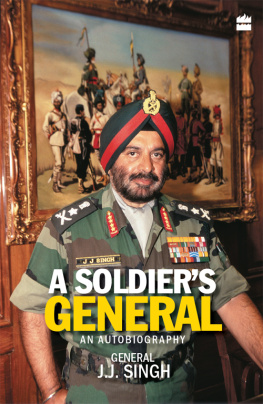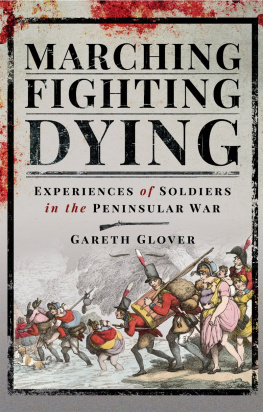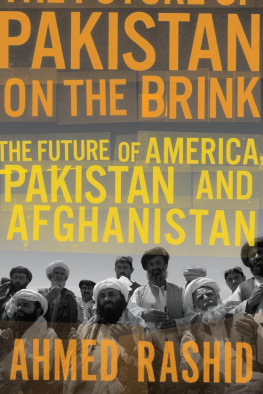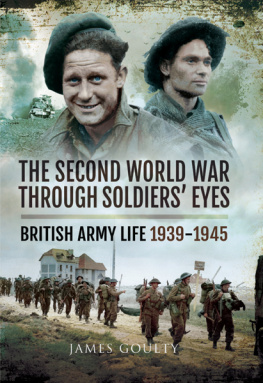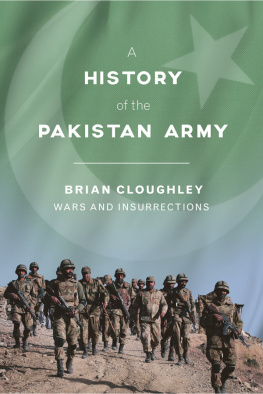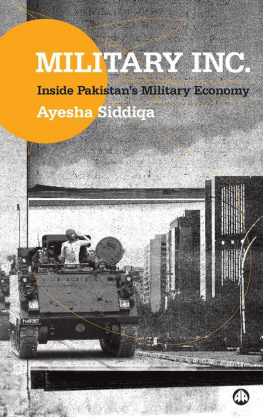SOUTH ASIA IN MOTION
EDITOR
Thomas Blom Hansen
EDITORIAL BOARD
Sanjib Baruah
Anne Blackburn
Satish Deshpande
Faisal Devji
Christophe Jaffrelot
Naveeda Khan
Stacey Leigh Pigg
Mrinalini Sinha
Ravi Vasudevan
DYING TO SERVE
Militarism, Affect, and the Politics of Sacrifice in the Pakistan Army
MARIA RASHID
STANFORD UNIVERSITY PRESS
STANFORD, CALIFORNIA
Stanford University Press
Stanford, California
2020 by the Board of Trustees of the Leland Stanford Junior University.
All rights reserved.
No part of this book may be reproduced or transmitted in any form or by any means, electronic or mechanical, including photocopying and recording, or in any information storage or retrieval system without the prior written permission of Stanford University Press.
Printed in the United States of America on acid-free, archival-quality paper
Library of Congress Cataloging-in-Publication Data
Names: Rashid, Maria, author.
Title: Dying to serve : militarism, affect, and the politics of sacrifice in the Pakistan Army / Maria Rashid.
Other titles: South Asia in motion.
Description: Stanford, California : Stanford University Press, 2020. | Series: South Asia in motion | Includes bibliographical references and index.
Identifiers: LCCN 2019028963 (print) | LCCN 2019028964 (ebook) | ISBN 9781503610415 (cloth) | ISBN 9781503611986 (paperback) | ISBN 9781503611993 (ebook)
Subjects: LCSH: Pakistan. Army. | MilitarismSocial aspectsPakistan. | Military casualtiesPakistan. | Families of military personnelPakistan. | Military ceremonies, honors, and salutesPakistan. | War and societyPakistan.
Classification: LCC UA853.P18 R37 2020 (print) | LCC UA853.P18 (ebook) | DDC 306.2/7095491dc23
LC record available at https://lccn.loc.gov/2019028963
Cover design: Rob Ehle
Cover illustration: From a commemorative plaque placed in Chakwal by the British Government In India.
Typeset by Motto Publishing Services in 11/15 Adobe Caslon Pro
For my father, who loved me regardless
Dear father, when youre standing over my grave
old and tired and childless and lonely,
and you see them lowering me into the dirt
and, father, youre standing above me.
Dont stand there so proudly,
and, father, dont hold your head high,
you and I are now standing flesh to flesh
and, father, nows the time to cry.
So let your eyes cry over mine,
and dont mourn in silence for me,
something more important than my honour
father, is now lying dead at your feet.
And dont say that youve made a sacrifice,
because the one whos made the sacrifice is me,
and dont use any more lofty words
because, father, Im already buried deep.
Dear father, when youre standing over my grave
old and tired and childless and lonely,
and you see them lowering me into the dirt
then, father, ask for forgiveness from me.
From Queen of the Bathtub by Hanoch Levin, translated from the Hebrew by Naaman Tamuz. Reprinted with permission from the Hanoch Levin Institute of Israeli Drama.
CONTENTS
ACKNOWLEDGMENTS
The realization that I should have meticulously recorded along the way the rather extensive list of people who have in some way or another contributed to the completion of this book rests heavily with me as I try to write this section. I also realized that it is not just people but also situations, events, conferences, articles, books, and films that have contributed to what I have been able to produce in the pages that follow. To use the words of one of my favorite fiction writers, Elena Ferrante, this book, like most acts of writing, is the result of the many collateral effects of an active life. Hence, at the outset I state my inability to do justice to the acknowledgment of the myriad influencers that have made this possible.
I begin by thanking Dr. Laleh Khalili, who from the outset was supportive, encouraging, and, most of all, keenly interested in my initial, somewhat garbled attempt to put forward the subject of my inquiry. She remains the single most important supporter of this project, and I must acknowledge her unfaltering mentorship. The study has been shaped by and benefited immensely from her theoretical acumen, her attention to detail, and her deep insight into and knowledge of the subject at hand. Dr. Khalilis immense energy and fierce interest in research, in inquiry, and perhaps in life itself have been an inspiration to me. Thisalong with her unwavering faith in my ability to produce something that was good, perhaps even significant within studies on militarismsustained me through many meandering and daunting periods of writing this book.
I would also like to acknowledge Dr. Matthew Nelson, who provided an immensely grounded perspective on a number of chapters. The incredible speed with which he responded to my emails and persistent requests for guidance is something I am grateful for. A special thanks also to Natalya Kamal, who helped me decipher legal terminology as I researched cases related to compensation offered for death in military service. Ahmed Salims generous access to his wonderful archives in Islamabad is greatly appreciated as well. And I am grateful to Drs. Saba Khattak, Rahul Rao, and Ambreen Ahmad and to Nighat Said Khan for taking the time out to talk with me as I struggled to give shape to my ideas.
I am immensely lucky to have a wonderful set of friends whose support I could count on to carry me through the various phases of the project: Sameen Mohsin, Asha Bedar, Shahpar Bakhtiar, Shabana Arif, Saffi Ullah, Zehra Kamal, Anjum Piracha, Sharay Saeed, Mariam Salik, Shadab Zeest Hashmi, Veronica Ferreri, Emanuelle Degli Esposti, and Sena Galazzi Lian. Some provided me with useful distractions when needed, others a regular dose of much-needed brutal honesty, and still others with direly needed copyediting or help with translations. They kept me sane and kept me on the path that I often threatened to wander from. They offered to read my work, and even though not all came back with comments, their ongoing engagement with my ideas and insights were immensely useful as I waded through the wonderful mess that is data. Some may remain unnamed; for that I seek forgiveness in advance and also look forward to them reminding me of this oversight for years to come!
To my boys, Emir and Ali, who put up with my many absencessome physical and others mentalwhile I remained chained to my computer, I say a special thank-you! Their oft-repeated comments to me, said with loving yet somewhat edgy weariness, that I could do this and that I needed to stop feeling anxious still make me smile. For Adil, my husband, who was (un)fortunate enough to meet me halfway through this project and who impressed me with his ability to get to the heart of what I was trying to say, sometimes in words clearer than my own, I am grateful. His ability to see the big as well as the small picture and thus keep me grounded in everyday life sustained me. A special thank-you goes to my mother, Farzana, who, like most South Asian grandmothers, stepped in time and time again to mother my children in my absence. I have taken her presence for granted, as we often do with mothers, an expectation of comfort and support that has enabled much of what I have achieved in my life. Her support for me has never faltered, and for this I am immensely grateful.
My gratitude for my father, Rashid Ali Malik, a proud third-generation army man, is perhaps more complicated. My father was alive when I began working on this project and then passed away a few months after I completed the first draft of the manuscript. That he got a chance to read some of this work is comforting to me, because the seeds of the project started in our many heated discussions. Initially I was baffled by his acceptance of the fact that I was researching and studying militarism within the Pakistani context. That was a subject he held close to his heart, with his views lying at the opposite end of the spectrum from mine. My only answer is that he loved me and believed in my right to stand apart from him. For a father as authoritative as he was, this was challenging. And for this I thank him, because it is the single most important gift that he left me. It is ironic that the book deals with death and its accompaniment, mourning of those left bereft and incompletefeelings that I now struggle with. I am grateful that I finished this work before he left us, for I would not have had the courage now to allow myself the intimacy with grief and loss that was necessary for the project.
Next page


